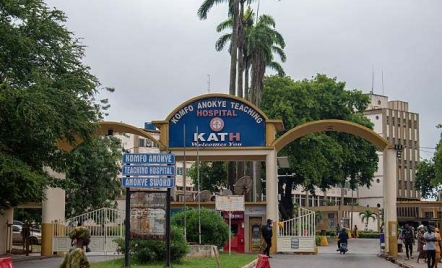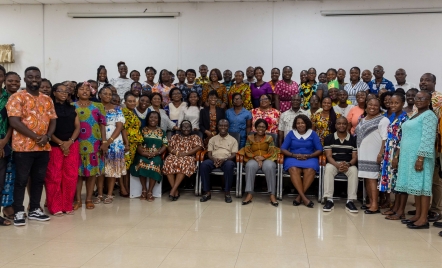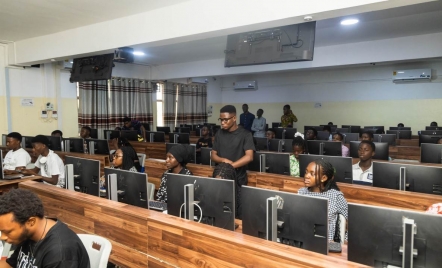Studies have shown that the influence of faith on environmental conservation has often been negative.
A KNUST study, published in the E-Journal of Religious and Theological Studies (ERATS), reveals that some churches contribute to deforestation by clearing trees for prayer camps without making efforts to replant.
However, a study conducted by the Department of Forest Resources Technology has explored the potential of religious groups to drive both social and ecological changes through the Modified Taungya System (MTS).
MTS is a forest restoration approach that allows local communities to grow food crops alongside trees.
The research focused on the involvement of Christian religious groups in MTS activities within the Ayum Forest Reserve in Goaso, Ghana, examining the benefits of their participation as well as the challenges they encountered.
The study engaged 56 participants involved in MTS, along with key informant interviews with officials from the District Forest Services Division.
Three churches, Deeper Christian Life Ministry, the Church of Pentecost, and St. John Paul II Parish—were identified as key participants in the Ayum Forest Reserve since 2019.
Collectively, these churches have planted approximately 610.7 hectares of degraded portions of the forest reserve.
The study found that members’ participation was primarily driven by motivation from their leaders and the benefits of the program, including access to land and income from farming.
Challenges included poor documentation, disputes over benefit-sharing, leadership changes and misunderstandings about future financial gains from the harvested trees.Presenting the findings at the Faculty of Natural Resources (FRNR) Seminar Series, the lead researcher, Dr. Samuel Boadi, recommended leveraging the influence of faith-based leadership to promote sustainable reforestation efforts.





Comments